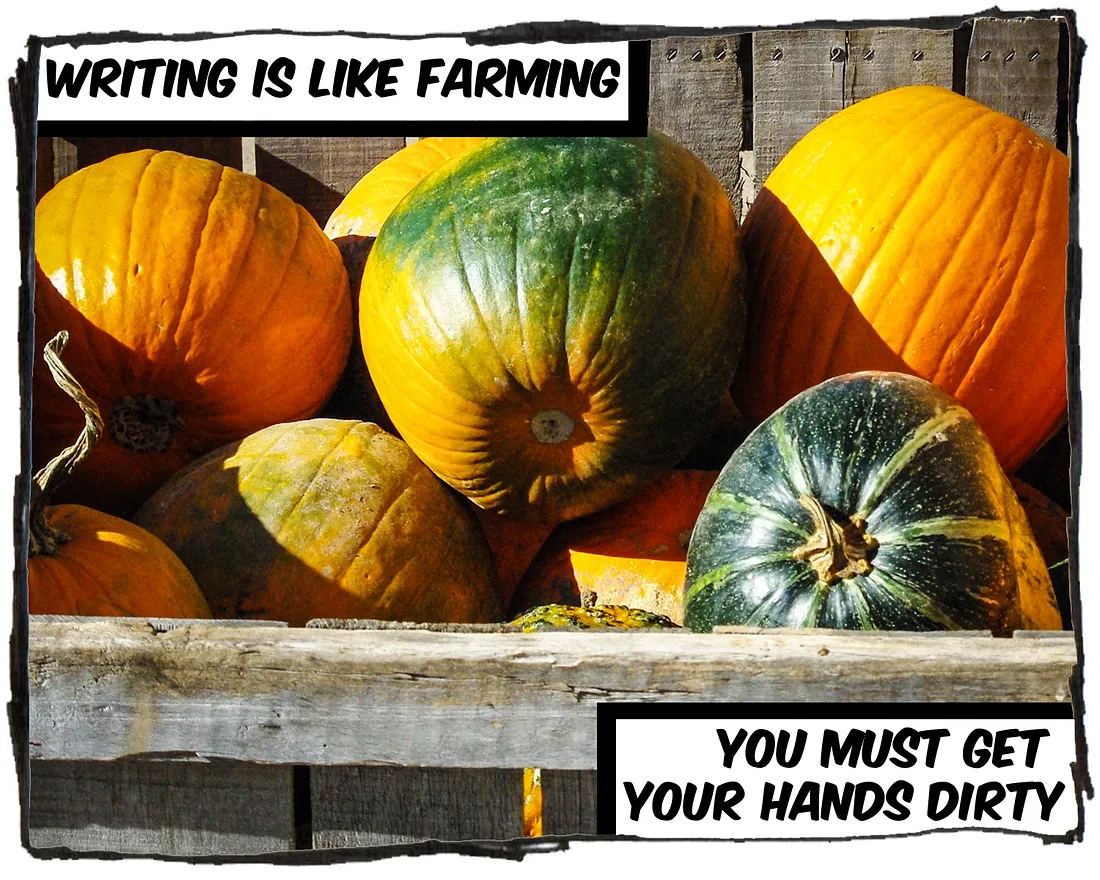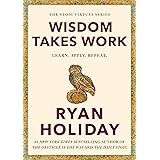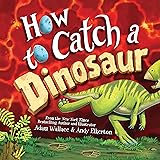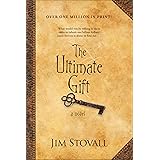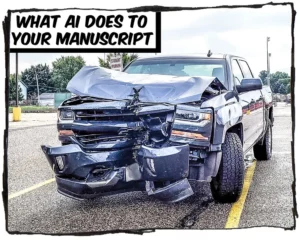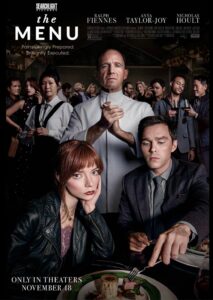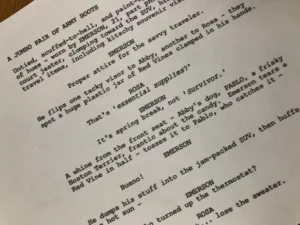Unlocking Genius: How Embracing Chaos Transforms Writers into Visionary Creators
Ever found yourself dusting off a beloved book from your youth, only to wonder, “Did I really think this was magical?” I’ve been there—trying to pass on those treasured stories to my kids, only to bump into clunky pacing and too much telling instead of showing. It’s a peculiar kind of nostalgia mixed with the realization that the literary marketplace isn’t the same beast it once was. Back then, mass-produced paperbacks dominated, handed down by corporate gatekeepers who shaped what stories reached us. But today? Writing is a living, breathing organism—evolving with new tools, fresh performance styles, and shifting audiences. If you cling to old paths and ignore this organic transformation, you’re steering straight into the rut of mediocrity. So, how do you, as a modern writer, find your unique rhythm and actually reach readers without wrecking your soul? Let’s dive in and confront the ever-changing landscape head-on. LEARN MORE
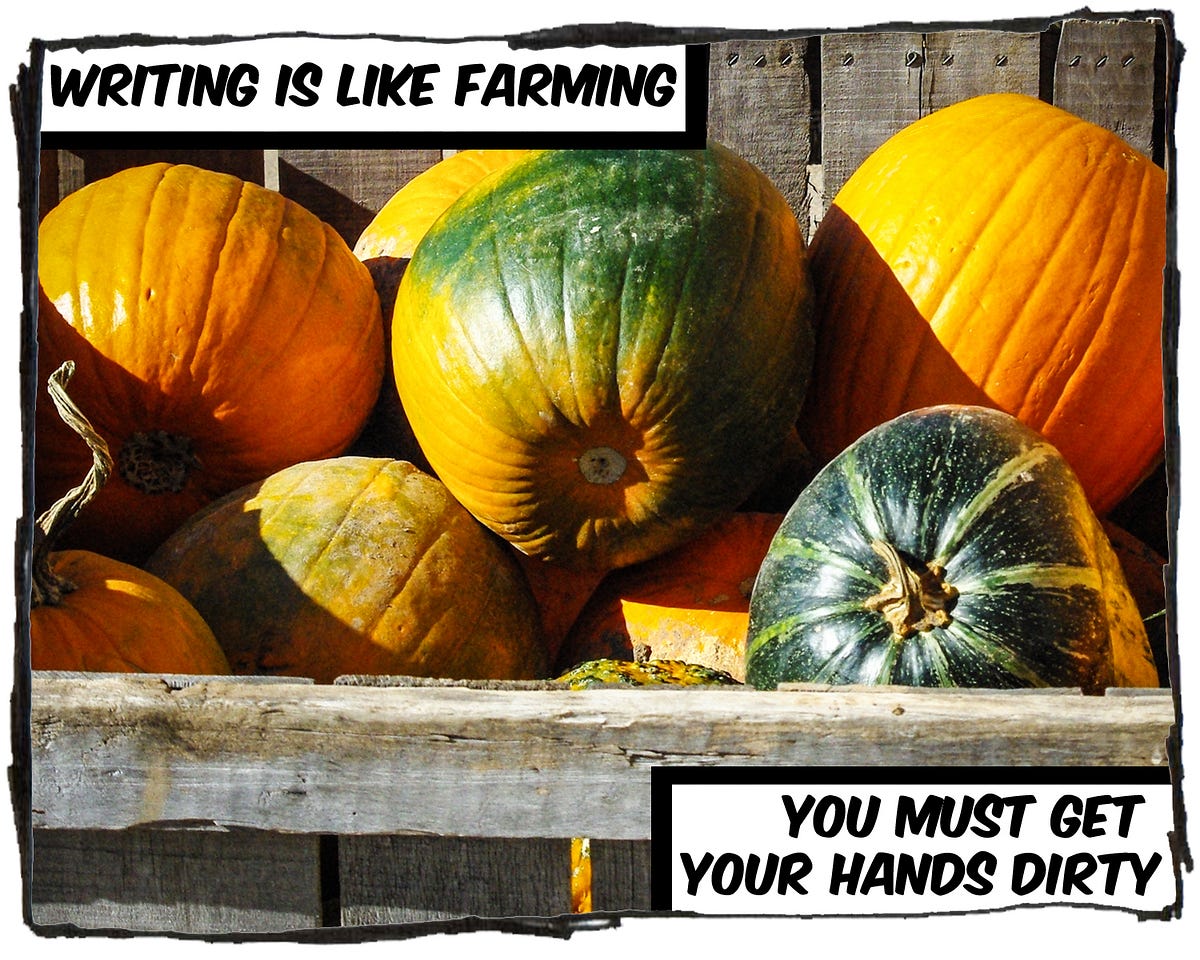
THE RECKLESS WRITER
If you don’t utilize the organic transformation of performance, you condemn your work to mediocrity
I’m getting older now and I’m increasingly having the experience of trying to share something with my children that I read when I was younger, only to find it to be woefully inadequate. There are scraps of the magic I remember, but the storytelling is often clunky and uninspiring. The pacing is off, and far too much time is spent on exposition.
It’s interesting to look back on the paperbacks that meant a lot to me when I was in my teens. They all represent corporate business decisions because I didn’t read independently published books back then. The stories I consumed were mass produced and distributed to mall bookstores throughout The United States.
I remember bonding with the characters. Today, it feels like reflecting on the people you dated before you really knew what you wanted from a relationship. I suspect that much of that sentiment is because I have access to tools that weren’t available to writers of the past.
The ever-evolving marketplace
The old pulp paperbacks sometimes feel as if they were produced by ambitious writers who felt resentful of their immediate employment. Yet, most writers of today would probably give their right arm for the kind of contracts that were handed out in that system.
Too often, writers get lured into a belief that the marketplace is static. Today we look at gatekeepers and it’s easy to fall into the assumption they represent the only pathway to literary significance. The truth is that writing is highly organic, and the tools creative minds use to reach an audience are in a constant state of evolution.
I recently watched A Complete Unknown, the movie about Bob Dylan. While viewing the film, it occurred to me that Dylan’s essential genius was figuring out that instead of “just” being a poet, he could be a poet with musical accompaniment.
